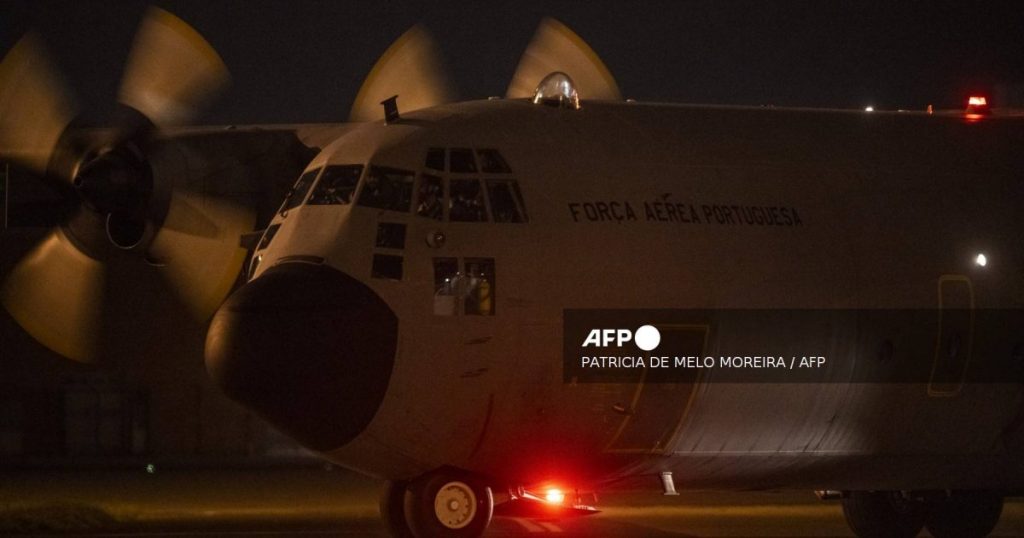Israel is bracing for a robust military reaction to a recent Iranian missile attack that escalated fears of a broader regional conflict. This attack is significant as it marks Iran’s second direct assault on Israel, involving approximately 200 missiles launched in retaliation for the Israeli killing of militant leaders. The missile strike inflicted damage on an Israeli air base and resulted in one casualty in the Israeli-occupied West Bank. While Israel has engaged in limited ground operations in Lebanon against Hezbollah, the confrontation has intensified, evolving into a full-scale war marked by ongoing cross-border exchanges and retaliatory strikes.
Israeli military officials have indicated that a strategic response to the Iranian attack is in preparation, although the specifics remain undisclosed. Analysts speculate that Israel’s counteraction could target critical infrastructure or key persons in Iranian command to deliver a heavy blow to its adversary. The volatility of this situation is enhanced by Iran’s threats of retaliation. Notably, international calls for de-escalation are being overshadowed by the mounting tensions, as both Iran and Israel embark on high-stakes gambles that could spiral into larger conflicts.
The escalatory cycle of violence has seen increased Hezbollah activity, alongside attacks claimed by Iran-aligned groups from regions as distant as Yemen. Almost a year has passed since Hamas’s unprecedented assault on October 7, which has transformed the Gaza Strip into a war zone. In light of the ongoing conflict with Hamas, Israel has redirected its military focus northward, intending to facilitate the return of Israelis displaced by Hezbollah’s attacks while simultaneously confronting the armed group in southern Lebanon.
In Lebanon, hostilities have compounded for civilians. As Israeli forces undertake airstrikes, reports indicate significant fatalities and destruction. The situation is dire, with over 1,110 deaths recorded since late September. Cities like Beirut bear the brunt of these strikes, leading to notable losses in civilian infrastructure, including hospitals. Survivors express profound despair over the relentless bombardments and the catastrophic humanitarian consequences, with many communities witnessing destruction of homes and disruption of daily life.
International entities, including the United Nations, recognize the gravity of the situation in Lebanon, calling for urgent action and highlighting a humanitarian crisis that has left countless individuals displaced and destitute. The UN peacekeeping force urges compliance with established resolutions designed to maintain peace in the region. Iranian officials, recognizing the escalating violence, have voiced the pressing need for a ceasefire, further underscoring the complex geopolitical fabric unravelling amidst the ongoing skirmishes between Israel, Hezbollah, and Iranian forces.
Despite the U.S.’s efforts to mediate between the conflicting parties, a durable ceasefire in Gaza remains elusive. The death toll in Gaza has reached alarming figures, with widespread civilian casualties reported from Israeli retaliatory strikes. New warnings directed at Palestinian populations signal Israel’s intent to escalate its military campaigns, emphasizing preparations for significant ground operations in the area. The interplay of ongoing hostilities and potential military escalations raises important questions about the long-term implications for regional security and the lives of countless civilians caught in the fray.














